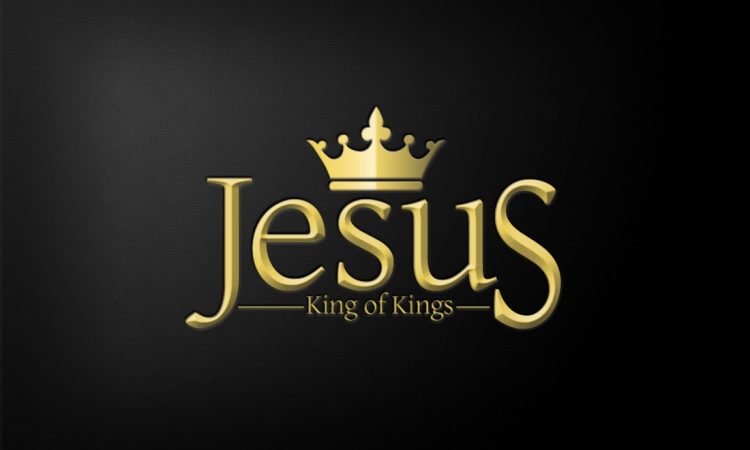“Now what am I going to do?” the speaker was George Frederick Handel, the famous composer, born in Germany, but who had lived in England for many years. His question was urgent because he had just learned of the death of Queen Anne, who had been very encouraging of Handel, liked his operas and made sure that he was well paid, something many composers could not rely on. Queen Anne had no children and the British government invited a German prince, George of Hanover, to become King. This would not have mattered to Handel if he hadn’t fallen out with George some years earlier. Handel was right to be worried. As King, George treated him badly and cut off his money. But the Londoners disliked their new king and liked Handel’s music, so gradually he was taken back into favour until the people grew tired of the many operas he was composing. He gradually lost his income, and all confidence in his skill.
That’s when Handel began composing his Bible-based oratorios, the most famous of which is Messiah. King George II – son of Handel’s former employer – went to hear the premiere at Covent Garden in 1743, and like the rest of the audience was spell-bound, rising to his feet at the wonderful Hallelujah Chorus. The audience, of course, followed his example, and we’ve stood for this masterpiece ever since, rising in honour of the King of Kings.
Today we too sing in honour of the King of Kings to a lovely tune written by Handel to words by Charles Wesley. The hymn is Rejoice, the Lord is King, and the first verse is striking in giving us 9 commands:
Rejoice, the Lord is King!
Your Lord and King adore;
mortals give thanks and sing,
and triumph ever more.
Lift up your heart,
lift up your voice;
rejoice! Again I say rejoice!
Love,
Margaret

